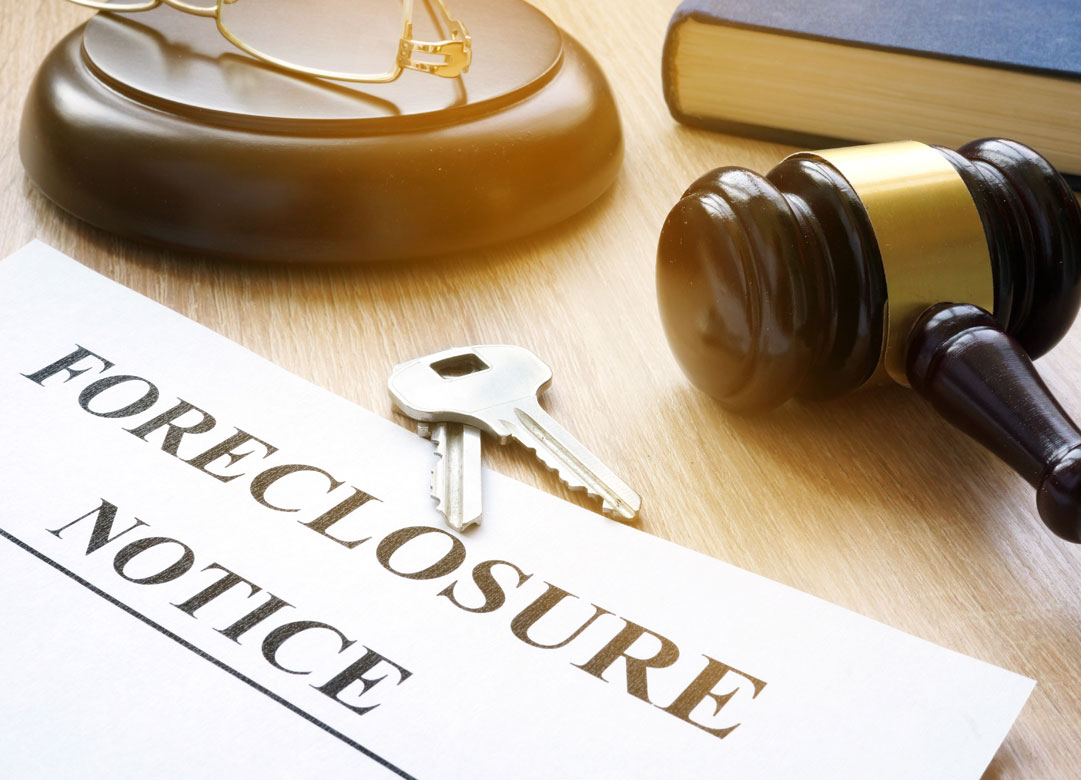Blog > 2017 > March > Notice of Default – What You Should Do
Notice of Default – What You Should Do
March 28, 2017
What is a Notice of Default?
When a borrower fails to make monthly mortgage payments, the first thing that the lender does is to notify the trustee. Upon receiving this notification, the trustee will issue a Notice of Default, an official letter that states your lender will foreclose your property if you do not make your payments.
The Notice of Default is a public document filed with a judicial court. If the borrower still fails to pay, a notice of sale is issued. In case the borrower manages to catch up on their missed payments, the lender will halt the foreclosure process.
What Should I Do If I Received a Notice of Default?
If you received a Notice of Default, you have several options.
- Catch up on your payments to avoid foreclosure. You may be able to negotiate a plan with your lender.
- Filing for Chapter 13 bankruptcy. Chapter 13 bankruptcy allows you to reorganize your mortgage debts into payment plans and catch up on your payment while avoiding foreclosure.
Our attorneys at SM Law Group, APC can guide you on whether bankruptcy can be an effective means to save your home.
Non-Judicial vs. Judicial Foreclosure
In California, lenders have the option of using a judicial or non-judicial foreclosure process. Of these two, the non-judicial process is the more common.
Non-Judicial Foreclosure
When a lender starts the non-judicial foreclosure against a borrower, they give up their right to obtain a deficiency judgment. Contrary to popular belief, the lender does not seize the property when the borrower defaults. The right to sell the property lies with the third party trustee.
When you obtain a mortgage, you sign a deed of trust. This deed gives the third party trustee the right to sell your home if you default on your payments.Sometimes the lender may use the judicial foreclosure to claim the home. In this case, the homeowner will be given an opportunity to buy back the home from the highest bidder within one year of the auction. The homeowner only has to pay the price the home fetched at the auction. In a non-judicial foreclosure, the homeowner doesn’t enjoy the right of redemption.
Judicial Foreclosure
When a lender starts a judicial foreclosure, they have to obtain a court order to seize the property. This process takes longer than the non-judicial foreclosure.The public can review the notice of default.
There are predatory companies that review these records to take advantage of homeowners facing the risk of foreclosure. Don’t commit the mistake of signing over the deed of trust to third parties to avoid foreclosure. If you need assistance, the federal government has appointed HUD-approved counselors.
Stop Foreclosure – Call Today for a Free Consultation
If you are facing the risk of foreclosure and need to hire an attorney to stop the process, contact us at SM Law Group to schedule a free consultation. Our lawyers have years of experience and will offer affordable payment plans to help ease your financial burdens.
